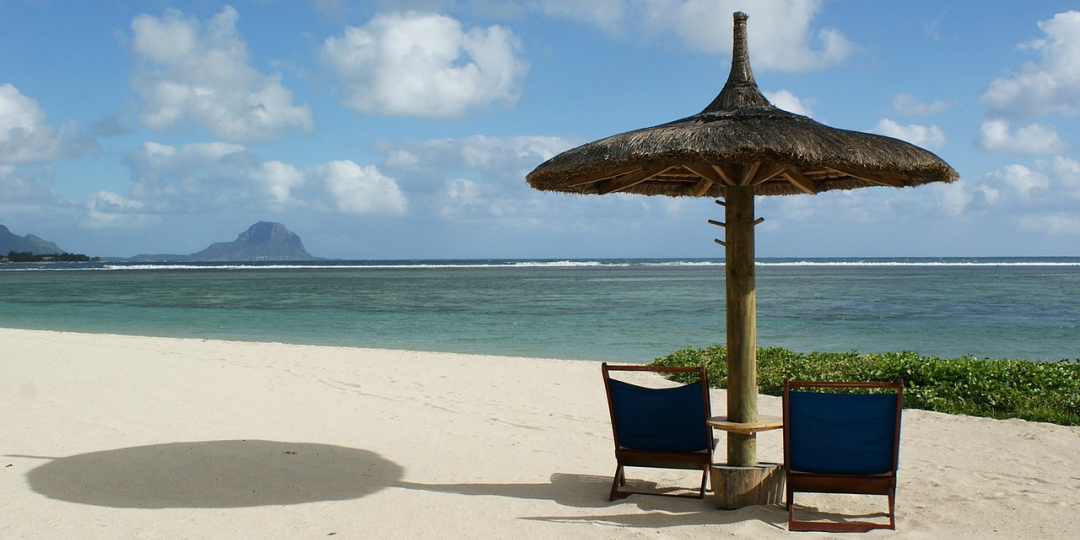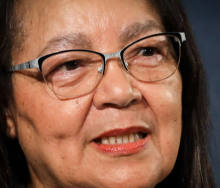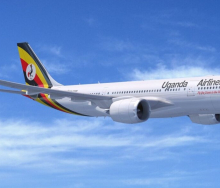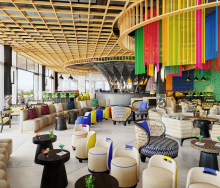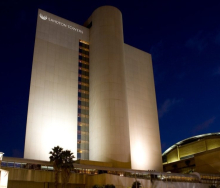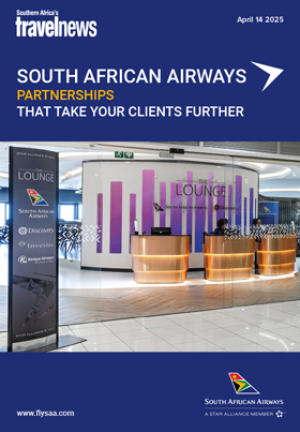High consumer demand post pandemic is just one factor propelling travel costs sharply upwards.
The fact that airlines are still not running the full schedules they fielded pre-pandemic is also propping up ever-higher airfares.
The often-alarming state of the South African Rand is yet another reason for sky-high high travel packages.
But after the pandemic, travel-starved passengers are still willing to pay these higher prices, and all these factors, combined with inflationary pressures in European economies, are creating what one travel insider described as “a perfect storm of spiralling costs”.
In Europe, package holiday costs to popular destinations have soared by almost 20% in the last year. Data from airfares analyst Skytra confirms that air travel costs globally have increased by 44,1% in the last year.
Inclusive package costs to Mauritius, one of the most popular all-inclusive destinations for South African travellers, have increased post-COVID. In 2019, an all-inclusive package to Victoria Beachcomber for five nights cost R 18 900 per person, in 2023 the same package with 25% early booking discount costs R23 590 per person.
Travel News asked Joanne Visagie Sales and Marketing Director at Beachcomber Tours what was impacting the Mauritian holiday market. “One of the biggest contributing factors to the increase in package prices for South Africans travelling to Mauritius is the rand/rupee exchange rate.”
Says Visagie “The rate of exchange is the biggest contributing factor in increased package prices to Mauritius, that and the increase in airfares post pandemic. Rising oil prices and COVID losses have to be recovered by airlines and the result is higher airfares. Beachcomber works very hard to keep the land portion of our packages as low as possible, several percentage points below inflation to limit cost increases and we firmly believe that Mauritius still presents the best possible value for a holiday for a family or couple.
“Those clients who book their holiday months in advance have the advantage of locking in their rates at the current exchange rate and Beachcomber takes on the risk of the fluctuating Rand once clients have paid in full.”
Wendy Goutier, Product Contracting Manager at Holiday Tours says that airfares are without any doubt adding significantly to the high cost of inclusive packages. “Flights to Thailand are very expensive. It's often difficult to find availability in lower classes, which is definitely pushing package prices up.”
Goutier also mentioned that random cost increases also need to be added into package prices. " In Zanzibar the government has increased tourism tax from $1 to $5 per person per night. On a seven-night package that adds R665 instead of the previous tax of around R133 for the same package".
But there are still some great packages out there. Goutier picked out Maldives as still being good value for money with a lot of product to choose from, which makes that destination more competitive.
High holiday package prices are by no means a phenomenon being experienced by South African consumers only.
Sobering figures from the consumer website which.co.uk show that a week-long trip to Greece costs UK consumers about 30% more than it did in 2022 and that airfares from the UK to Italy and Greece are up 71%. European hotel rates have seen an average rise of 10% in 2023, according to the website.
An anonymous South African travel advisor told Travel News that with these steeply rising costs, combined with a volatile Rand, there is one sure-fire way to ensure that clients get the best possible value from their package.
“Opting for an fully-inclusive break is still an advisable option for South African travellers. When they select and pay for fully-inclusive packages, they are protected from currency fluctuations and have the assurance that expenses like food and drink are already covered regardless of Rand depreciation,” said the agent.
